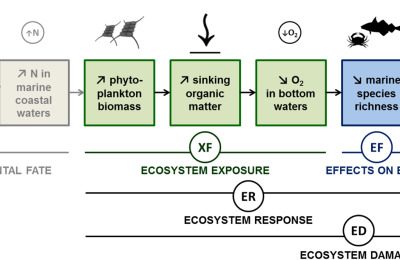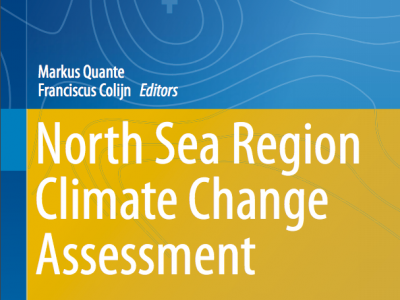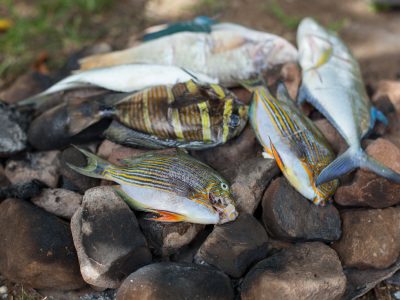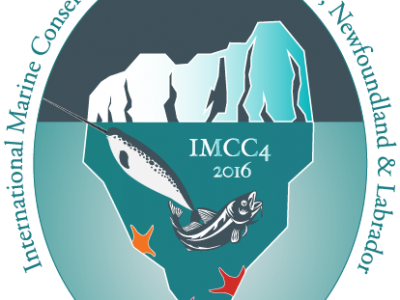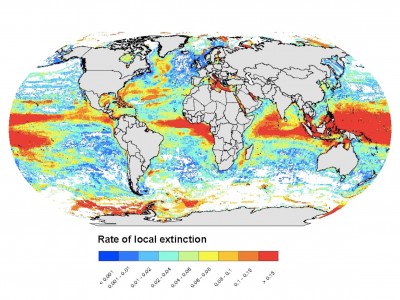Spatial differentiation of marine eutrophication damage indicators based on species density
“Spatial differentiation of marine eutrophication damage indicators based on species density” was recently published in Ecological Indicators, co-authored by Nereus Alumnus Miranda Jones (UNEP-WCMC) and Nereus Director of Science William Cheung. The paper looks at developing an index to assess eutrophication effects on marine ecosystems and introducing an ecosystem response indicator to nitrogen loadings to coastal waters.



